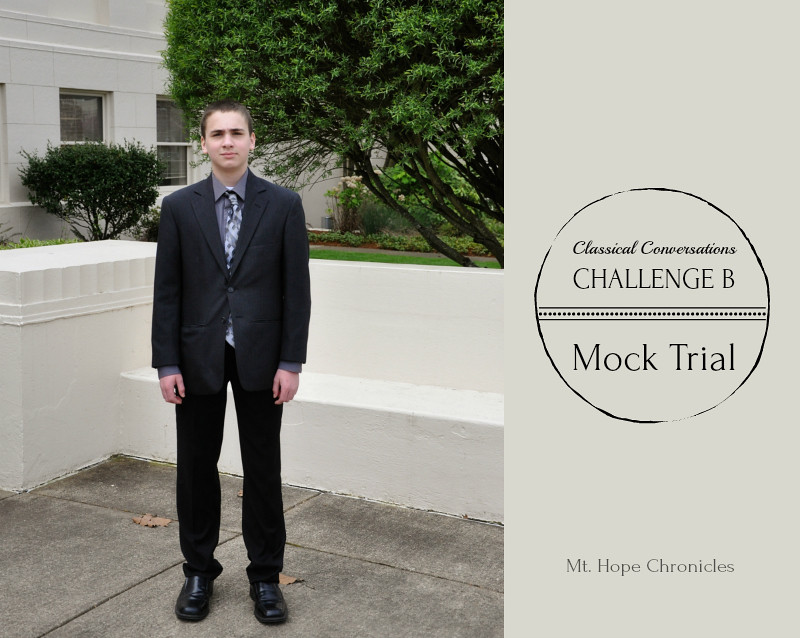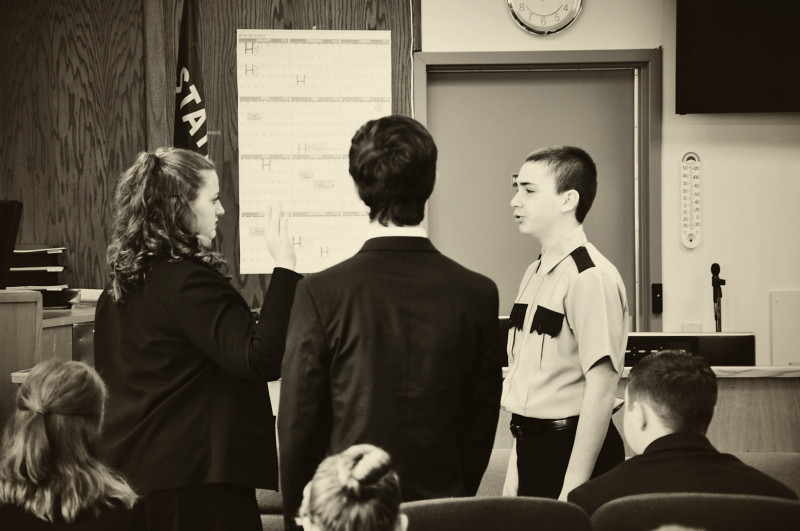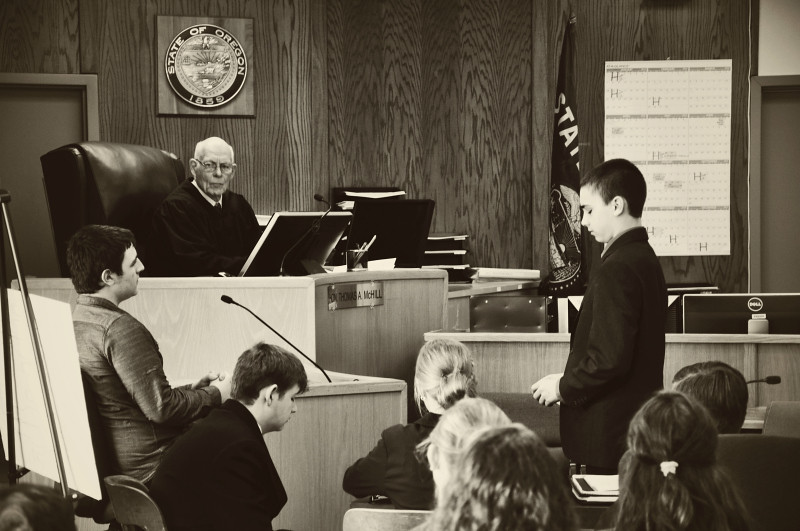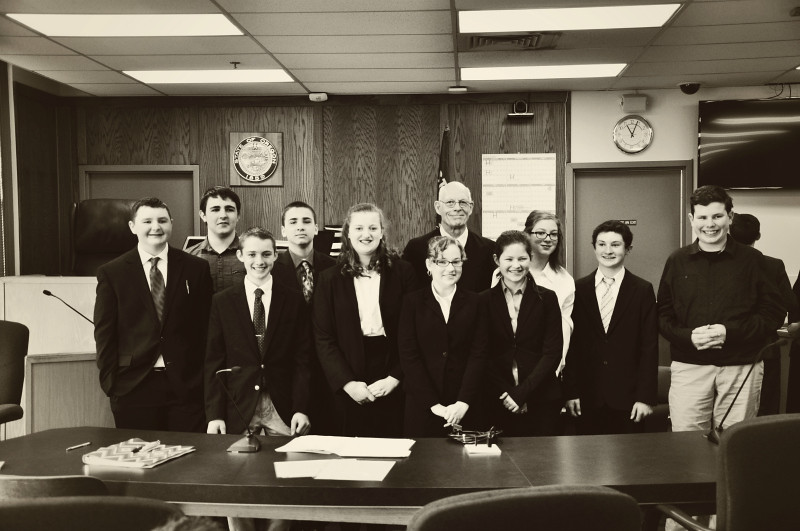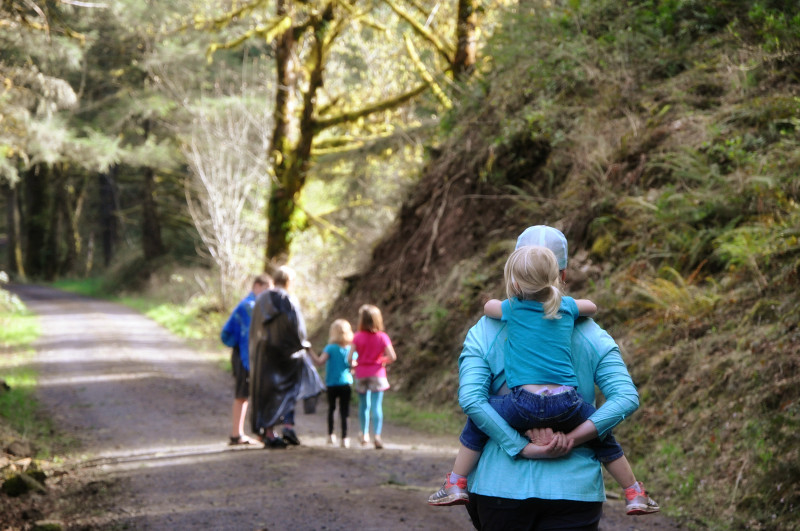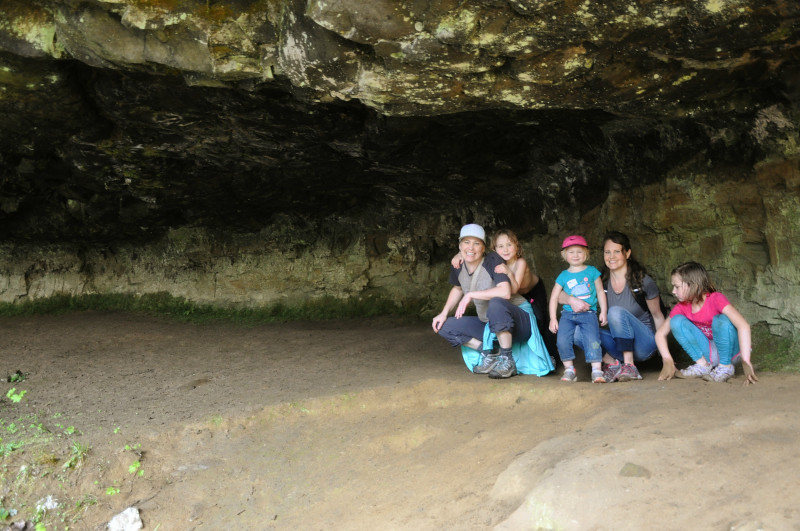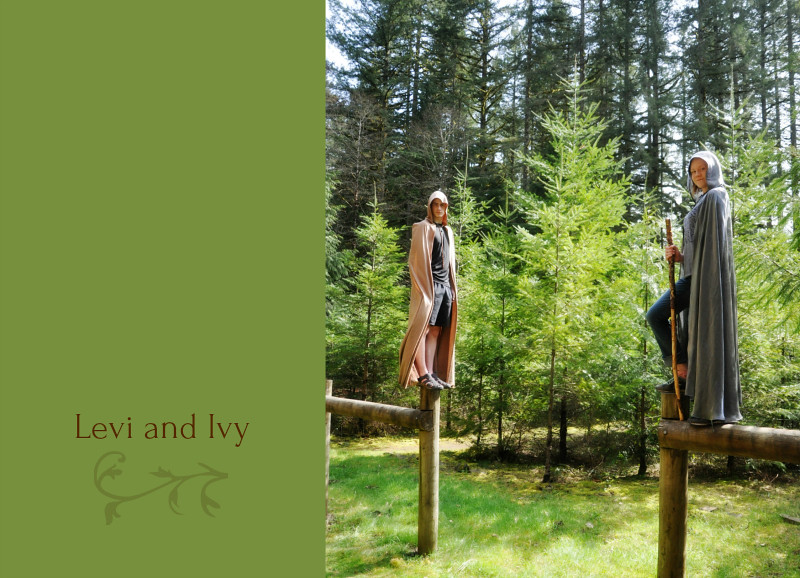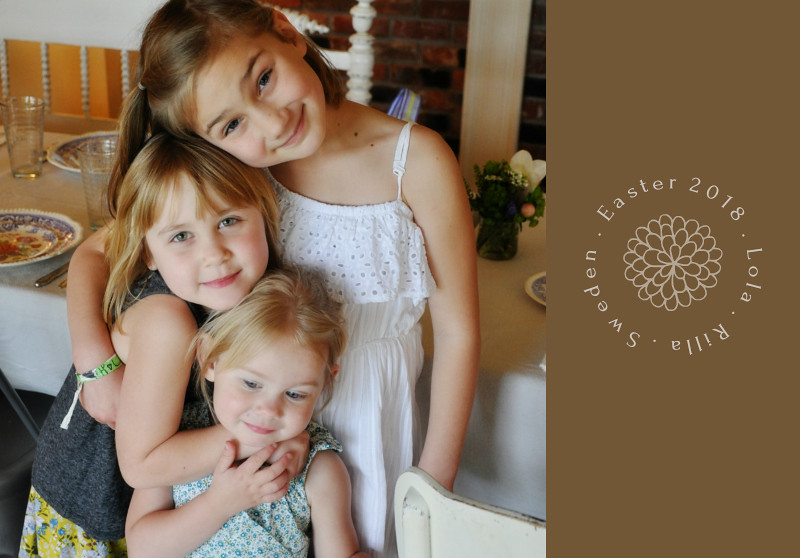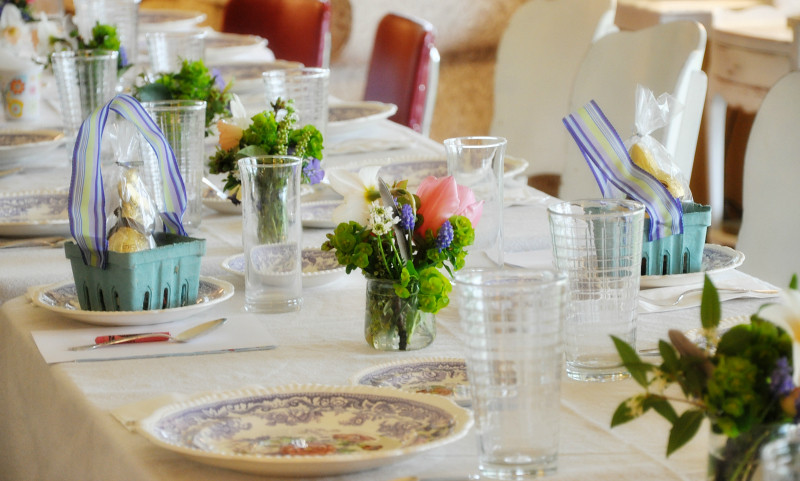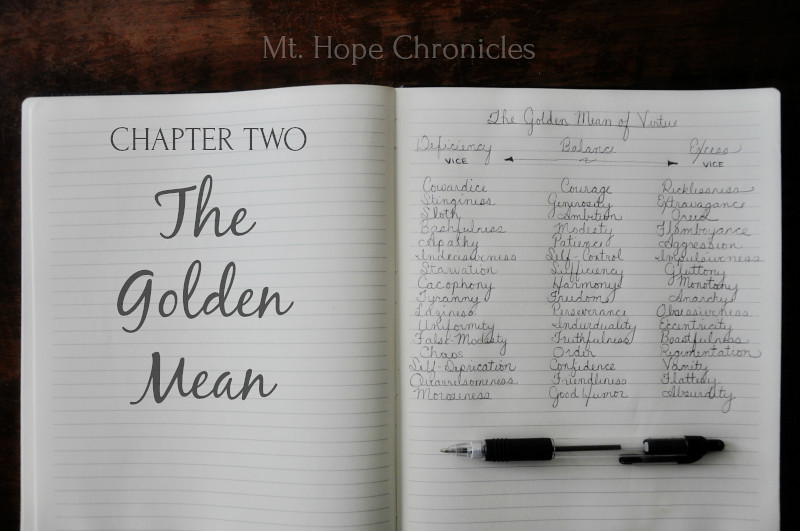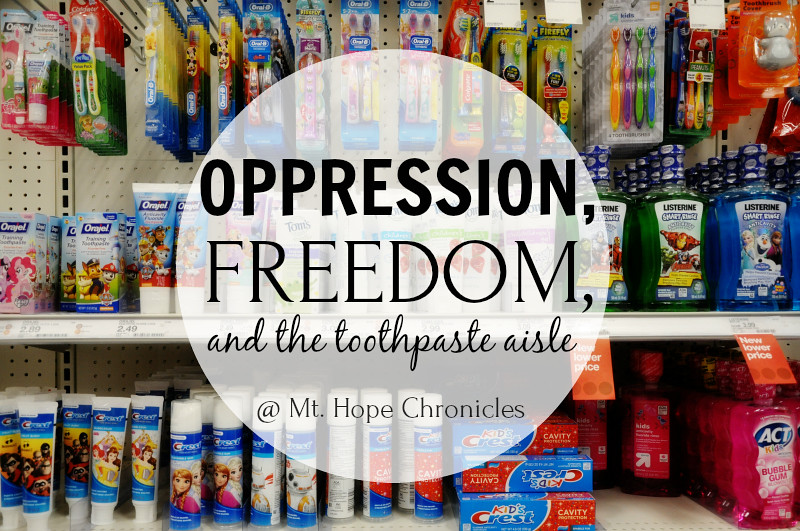
Eleven years ago I began blogging. Eleven years ago I was in the early stages of parenting (my boys were 5, 2, and 8 months). Eleven years ago we moved into our little “forever home.” Eleven years ago we began our homeschooling adventure.
I had plans. I had big plans.
I had it all figured out.
My dreams, if I admitted them, were ambitious. On paper (and in blog posts), a decade ahead was the decade when it all came together. I would be experienced. I would be successful. My kids, oh, they would be amazing. All my passions would have become honed talents. Photography, interior design, parenting, homeschooling, reading, blogging, writing and speaking—expert level, right?!
Maybe you have noticed how quiet the blog has been for a year, or two or three.
Turns out, I don’t have it all figured out. The further into this life gig I get, the less I know and the less I feel qualified to share what I think I still know. Not only do I know less, but I do less.
I have a gazillion blog posts started. One of three things always happens:
1. I’m too lazy or distracted to finish it.
2. My perfectionist side can’t get it up to snuff.
3. I realize I am in no place to give any sort of advice or encouragement. About anything.
But a web, of sorts, has been forming in my mind and in my heart over the past six months. I’ve resisted writing a blog post because this web is woven of many different topics (the golden mean of virtue, politics, health, freedom vs liberty, minimalism vs hoarding, self-care vs self-limits, slothfulness vs leisure, independence vs community, depression, stoicism, Charlotte Mason). There are few topics the web doesn’t touch, and my thoughts are not linear. My perfectionism wants them organized in three winsome persuasive parallel points. With alliteration.
Of course, I also want these ideas to have transformed my life so I can share my successful experience. And I can be an expert.
Truth is, I’m wrestling with these ideas and preaching to myself. You can join me if you like. Wrestle with me. Discuss with me. Share with me your thoughts and experiences.
I have to take this in bite-sized pieces, so I’ll give you the short version if you’re the type of person who reads the last page of the book before starting the first chapter.
Short Version
Unbridled freedom is not freedom.
Options become obligations become oppression.
We can mitigate the damage in two ways:
- By limiting ourselves.
- By loving our neighbor.
The cruicible in which these actions are practiced is FAMILY.
Chapter One (of the Long Version)
I’ve been thinking about the sliding scale (or pendulum swing) between the oppressive lack of freedom and choices that much of humanity has had in other times or other cultures and the unbridled freedom and abundance of our own age.
For so many people throughout history, the occupation of their hours was fixed, their diet was fixed, their relationships were fixed, their knowledge was fixed, their cultural traditions and village of residence was fixed, their housing, clothing, number of children, personal hygiene, careers, creative outlets were fixed. So little freedom. So few choices.
But in this culture in this age?
We have a rapacious appetite for freedoms and choices. We resist all external limits.
You cannot tell me what I should or should not, may not have. You cannot tell me what I should or should not, may not do.
I have the freedom and ability to purchase 100 different items for personal hygiene. When I run out of one of these, let’s say toothpaste, I am faced with a string of decisions/judgments.
When shall I go to the store to buy more? Is it in the budget, or shall I go into debt? Which of the 20 nearby stores shall I visit? (This in itself requires a long string of judgments including distance, convenience, selection, thriftiness, and business ethics.) On the dental hygiene aisle (loaded with countless types of tools and potions just for teeth), I have 40 different toothpastes to choose from. Which is safest? Which is most effective for the purpose I wish it to fulfill? Which is the most economical? Which is healthy? Which is tastiest? Which packaging is attractive? Which one impacts the environment the least? Which company is most ethical? The list goes on. Do I buy just one, or do I stock up? What fits in my budget? What fits in my space? Will that save me time, energy, or money? Do I buy other items at the store while I’m there? Shall I pay with cash, check, or credit card? Which of the 10 credit cards in my wallet shall I use? Is the transaction safe?
We are so conditioned to face these endless strings of judgments and choices every single moment of every day that we hardly notice them.
But do we know what toll they take on us, emotionally, mentally, physically, spiritually?
Is it healthy to demand no limits to our choices? Decisions that fatigue or paralyze us. Closets and counters overflowing with stuff that clutters our life. Excess or harmful food that weighs us down and cripples our bodies, minds, and emotions. Relationships that break us. Debt that burdens. Immoral or unethical actions or thoughts that destroy us spiritually.
Or is it possible to self-limit in a healthy way that brings us to the center of the pendulum swing, to a place of equilibrium, a golden mean?
In order not to be damaged by unlimited freedom and choices, I must have the self-discipline to set my own limits.
That is difficult in a culture in which choices are a right, almost an obligation. It is difficult in a culture of excess and permissiveness to find the self-discipline to deny ourselves any pleasure, convenience, desire, privilege, or entitlement. Especially when these limits seem (or are) arbitrary.
What if I choose to reject my 465 health care options? What if I wear the same items of clothing every day? What if I haven’t changed my hair style in 20 years? What if I choose to eliminate electronics from my life? What if I choose not to take a promotion? What if I choose to eat the same meal for dinner every evening?
*
I have been contemplating the idea of freedom and self-limits and finding that it is applicable in myriad arenas of life. I am hoping to share how this concept illuminates specific topics in future blog posts. Let’s see if I can write chapter two…







